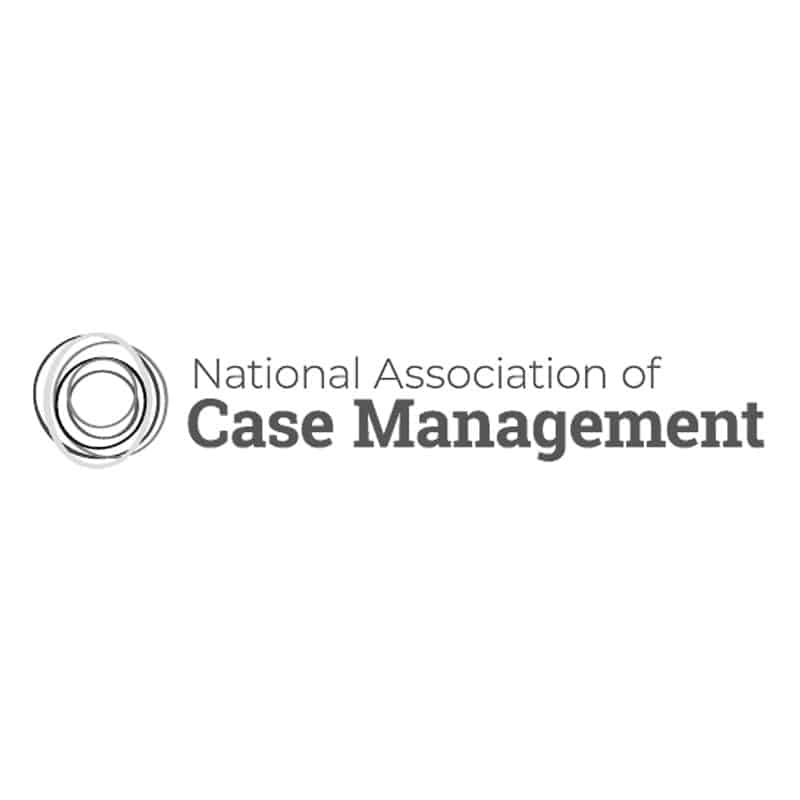With the never-ending school shootings we have seen in this country, the issue of mental health awareness keeps coming up. Joyce Marter is a licensed psychotherapist and the founder of Urban Balance, an insurance-friendly counseling practice located in Chicago. She is joining us now. Thanks for coming in, Joyce.
Thank you so much, Matt.
Explain what “insurance-friendly” is, because as we talk about mental illness, we need to let people know that there’s affordable help out there. What does that mean?
Absolutely. Urban Balance is in-network with most insurance plans. A lot of people don’t realize that due to the Mental Health Parity Law, coverage for mental health is the same as it is for any other major medical concern.
Okay, so that means the cost is as much?
Exactly. Instead of paying $150 or more out-of-pocket each week, you’ll pay a copay, which could be anywhere from nothing to ten, twenty-five, or forty dollars per session, depending on your insurance. I think that’s important because people need to know that there is help out there, and they can afford it.
Let’s talk about what we’re facing right now. Every time we have a school shooting, two issues come up: gun control and mental health. When you see these shootings and hear about the shooter’s stories, there is often a history behind them. What are we doing wrong as a country regarding this issue?
I think we really have a mental health crisis, and the focus needs to be on prevention and early intervention. We should be focusing on having counselors in schools and getting kids into services when they’re young as a routine and preventative form of healthcare.
It seems like everybody is throwing their hands up in the air, trying to come up with solutions instantly, but we have not been able to. In the most recent incident in Texas, the shooter’s family said they had absolutely zero warning signs. As a counselor, are there usually warning signs that parents might miss?
I would think there usually are warning signs, but as parents, we are sometimes prone to denial. That’s why it’s important to see a counselor preventatively and proactively, getting kids into services early and having them see their school counselors as part of overall health and wellness.
How do you know when the time has come to seek help? That’s a hard one, isn’t it?
Yes, it is. Don’t wait until it’s too late. Just like going to the dentist or the doctor, go preventatively. Go for a tune-up and see how things are going. I tell my kids that when we’re dealing with issues, we’re going to see the counselor because that’s what we do to take care of ourselves. It doesn’t have to have a stigma.
Mental health is something more people are talking about. Mariah Carey just came out saying she had a problem. Alyssa Milano said she experienced issues after having her child. Does it help when these celebrities come forward to de-stigmatize mental health issues?
It’s super helpful. It removes the shame and secrecy. Prince Harry recently talked about his unresolved grief from the loss of his mom, saying we all have mental health issues just like we all have physical health issues, and treatments are available. When celebrities like Dwayne “The Rock” Johnson, Ryan Reynolds, and Demi Lovato speak out about their struggles with depression, anxiety, or eating disorders, it lets people know they’re not alone and there’s no judgment.
Let’s talk about what we can do to support others. You’ve given us a list of things. One of the things you say is to support others who share their mental health issues with you. What do you mean by that, and how do we do it?
Instead of saying, “Snap out of it,” respond with kindness, compassion, and empathy. Listen to them, offer to go with them to a counselor, or help them make an appointment for services.
You also mentioned never judging, blaming, or labeling.
Right. One client told me she was going to share with her priest that she dealt with bipolar disorder. He happened to make a comment about someone being crazy and bipolar, and she no longer felt comfortable sharing.
How do you be an example?
Take care of your own mental health, talk openly about your own issues, and receive help. Access services, talk to friends and family, and see a counselor. Talk openly about it.
Finally, view counseling as a routine part of preventive healthcare. Can you talk about that again?
Absolutely. It doesn’t mean you’re crazy or in crisis. It’s not your fault. We all have issues and need support and resources. Counseling can be incredibly helpful, life-changing, and life-saving. It can be a normal part of life.
Where should people go to find out more about what you do?
Visit urbanbalance.com. We have links for free mental health screenings and other resources.
And remember, affordable mental healthcare is really important, so you have no excuse to say you can’t afford it, right?
Yes, absolutely. There are sliding services available and community mental health centers in every community.
Thank you so much, Joyce. It’s always great to have you here. Thanks for coming in.




































